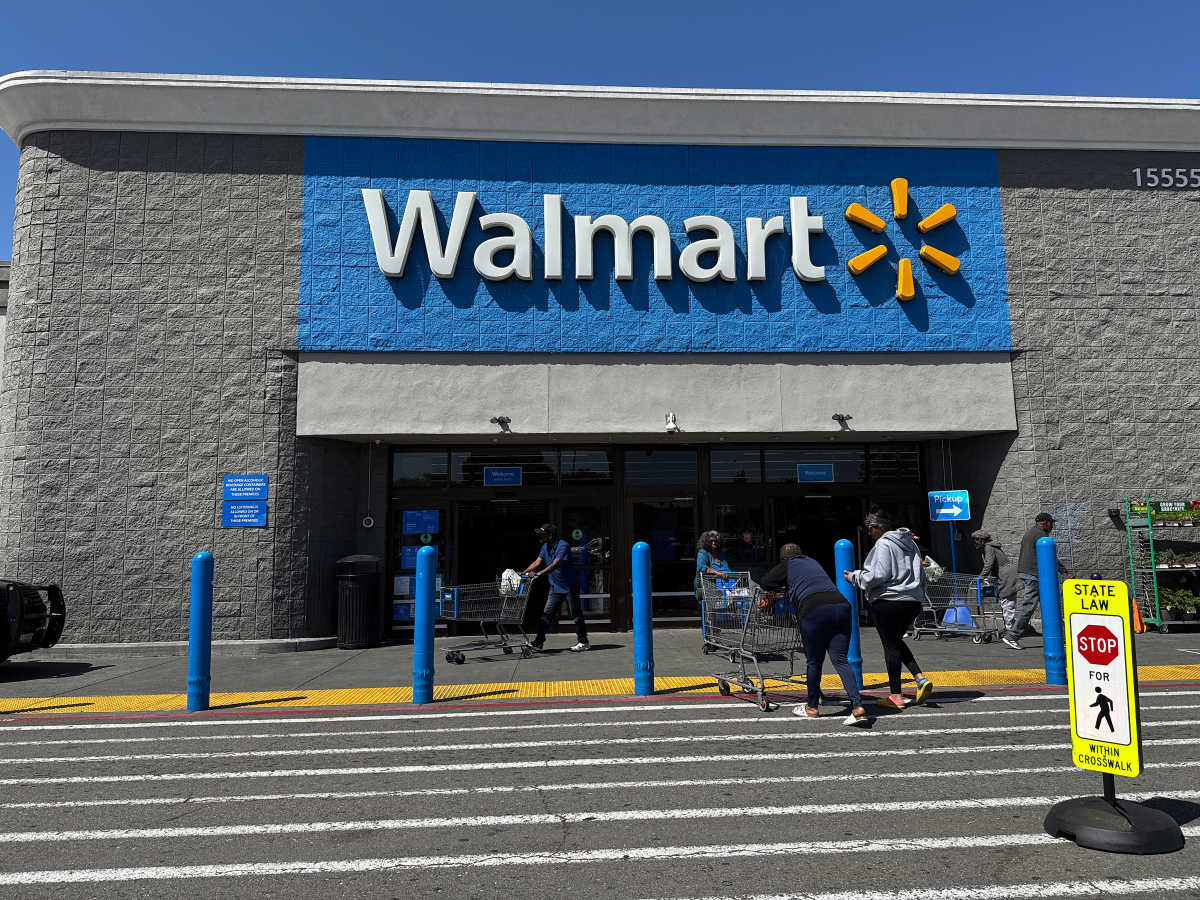A sweeping consumer movement in the United States is preparing to stage an ambitious nationwide boycott targeting two of the country’s most iconic corporate giants: Walmart and McDonald’s.
Starting August 1st, the month-long initiative—spearheaded by grassroots organization The People’s Union USA—urges Americans to withhold their spending from these companies as part of a wider protest against what the group calls “unchecked corporate dominance and accountability failures.”
The boycott campaign arrives against a backdrop of increasing public discontent over corporate behavior, particularly regarding labor practices, tax strategies, and the rollback of diversity, equity, and inclusion (DEI) commitments in the wake of shifting political tides.
A Movement, Not a Moment
The People’s Union USA, a decentralized citizen-led organization that has previously coordinated flash boycotts and “economic blackouts,” is positioning this August action as a rallying cry to reclaim consumer influence.
“We are not a protest,” the group stated in a public release. “We are a movement to take back control of our economy and our future.”
The movement has been gaining digital momentum, with its founder John Schwarz amassing hundreds of thousands of followers across TikTok and Instagram. Their strategy: activate digital audiences into economic action by collectively pausing purchases from brands perceived to embody corporate overreach.
Why Walmart, McDonald’s—and What’s Next?
Both Walmart and McDonald’s are emblematic of American consumer culture. Yet critics argue that their scale has enabled exploitative labor conditions, aggressive tax maneuvering, and a dilution of corporate responsibility.
Walmart, with its vast retail footprint, is being called out for allegedly contributing to the erosion of small businesses and for benefitting from tax structures that disproportionately favor mega-corporations.
McDonald’s, meanwhile, has come under sustained pressure from a variety of activist fronts—ranging from wage campaigners to international political movements. In recent years, the fast food chain has also scaled back its DEI commitments, triggering further backlash.
The People’s Union has called on consumers to redirect spending—either by delaying non-essential purchases or by supporting independent and locally-owned businesses during the boycott window.
Lowe’s is also set to be targeted alongside Walmart and McDonald’s in August, with Amazon, Uber, and PepsiCo expected to face similar consumer action in September.
A Cultural and Economic Reckoning?
This boycott is not the first of its kind, but the scale and coordination reflect a growing trend of citizen-led economic activism. It also points to a wider cultural moment in which corporate behavior is being scrutinized not just through political or legal lenses—but through the collective wallet of the everyday consumer.
For large corporations, the question isn’t just about weathering a temporary dip in sales. It’s about whether sustained grassroots pressure will eventually force changes in governance, taxation policies, and employment ethics.
The real takeaway? Consumers are no longer passive participants in the economy—they are fast becoming one of its most organized and outspoken regulators.
Partner With Us
Want to feature your brand, business, or service on 365247 — Whether you’re looking to sponsor, collaborate, or build presence within our ecosystem, we’d love to explore it with you.
Submit Your Interest Here
IMAGE: Getty Images


